Demands by some opposition political parties that they should be involved in the printing of ballot papers to be used in this year's harmonised elections are outrageous as they are fully aware of the independence of constitutional bodies such as the Zimbabwe Electoral Commission, which they helped to create during the era of the Government of National Unity.
In recent weeks, MDC-T faction led by Mr Nelson Chamisa and its alliance partners went all over demanding to be involved in the ballot paper tendering process ostensibly as a way of testing the freeness and fairness of the polls.
Secretary for Information, Media and Broadcasting Services Mr George Charamba yesterday told The Herald that political parties advocating such an arrangement should first downgrade the constitutional commissions to ordinary statutory bodies by way of amending the constitution.
In any case, Mr Charamba said, the demands were devoid of merit as they were not backed by any law.
"They (opposition parties) must go back to the Zimbabwean people and say we have had enough of the independence of these constitutional bodies because we now want to participate in tenders," said Mr Charamba.
"But to try and suggest that their involvement in tendering process is the test of freeness and fairness of elections is quite preposterous and this Government will err on the side of defending the constitutional inviolability of these commissions. Besides, there is no law that accommodates these demands by the opposition.
"What the law provides for is not the tendering process for ballot material, rather it is the transparent management of the material once it's done and this takes many forms.
"Firstly, we have elections agents who are expected to keep an eagle eye on the electoral process from start to finish insisting probity at every stage. Secondly, there are processes of ensuring that all participating parties are satisfied that there is nothing stuffed in ballot boxes before polling, during polling, after polling and before counting. The cure cannot be by overrunning constitutional bodies in their processes. The cure is by ensuring that agents are fully and competently deployed.
"Also on the distribution of ballot papers, that information will be made known to all players and to say so is not guess mate Zec, it is simply to highlight certain standards of transparency."
Mr Charamba said it was awkward that the demand was coming especially from MDC-T which insisted on the setting up of the constitutional commissions during the GNU era.
He said it was important to remind MDC-T and other political parties that the constitutional commissions came into being at their insistence.
Said Mr Charamba: "I suppose some people have very short memories and because they have very short memories Government really wants to refresh their failing memories. Before GNU, we didn't have constitutional commissions in our executive system. The constitutional commissions came about on the insistence of then opposition which was now a partner in Government under the GNU arrangement.
"It was a very strident demand from both MDCs which as you know had very pronounced component of lawyers and the demand was that we must curve and station constitutional commissions around major rights that needs to be protected in the constitution. As a result, we had the various commissions most notably Zec, Zimbabwe Media Commission, Zimbabwe Anti-Corruption Commission, Human Rights Commission and a few more."
Mr Charamba continued: "The idea behind creating those constitutional commissions was to involve Parliament in their constitution so that their creation went beyond the interests and dictates of the Executive which is why the Standing Rules and Orders Committee of Parliament became a part appointing authority in respect of all commissions.
"The only difference was the degree of participation of the SROC in respect of each of these commissions. So, there was a deliberate attempt to insulate these commissions at the stage of constituting them by involving Parliament.
"Secondly, the other level of insulating these commissions against incumbents was to upgrade them from being statutory bodies to being constitutional bodies which meant if the Government of the day undermines their independence then that would amount to a breach of the constitution, in which case it will be actionable through due parliamentary process. A third way of ensuring and underpinning their independence was to require that they report to Parliament and not line ministries which really fortified their independence. The last way of fortifying their independence was to house them under the Ministry of Justice, away from line ministries for budgetary requirements.
"This was really an administrative decision. Now, if the intention was to underwrite the autonomy of constitutional bodies and this on the insistence of the then opposition which was now part of the GNU, where are these voices which are now demanding a reversal and compromise of that independent status coming from?
"If the intention is to re-think the subject, then you don't run ahead of the law by changing practices, you actually change the constitution and downgrade these commissions to become ordinary statutory bodies.
"That has not happened. But also it is very unfair for the opposition to expect this society to wax and whine on the basis of whim."
- the herald
 Zimbabwe announces strict enforcement of axle load limits
Zimbabwe announces strict enforcement of axle load limits  SA decry 'non-existent' Beitbridge border post security
SA decry 'non-existent' Beitbridge border post security  Millions celebrate Diwali festival in India
Millions celebrate Diwali festival in India  Zimbabwe's dollar stock exchange surges 45%
Zimbabwe's dollar stock exchange surges 45%  Gold edges up as traders await guidance
Gold edges up as traders await guidance  Karo Platinum Project capex rises to US$546m
Karo Platinum Project capex rises to US$546m  Young Investment Professional (YIP) Graduate Programme 2019
Young Investment Professional (YIP) Graduate Programme 2019 
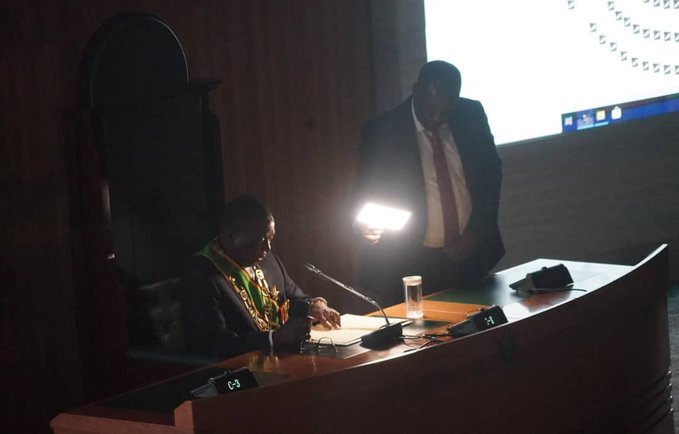
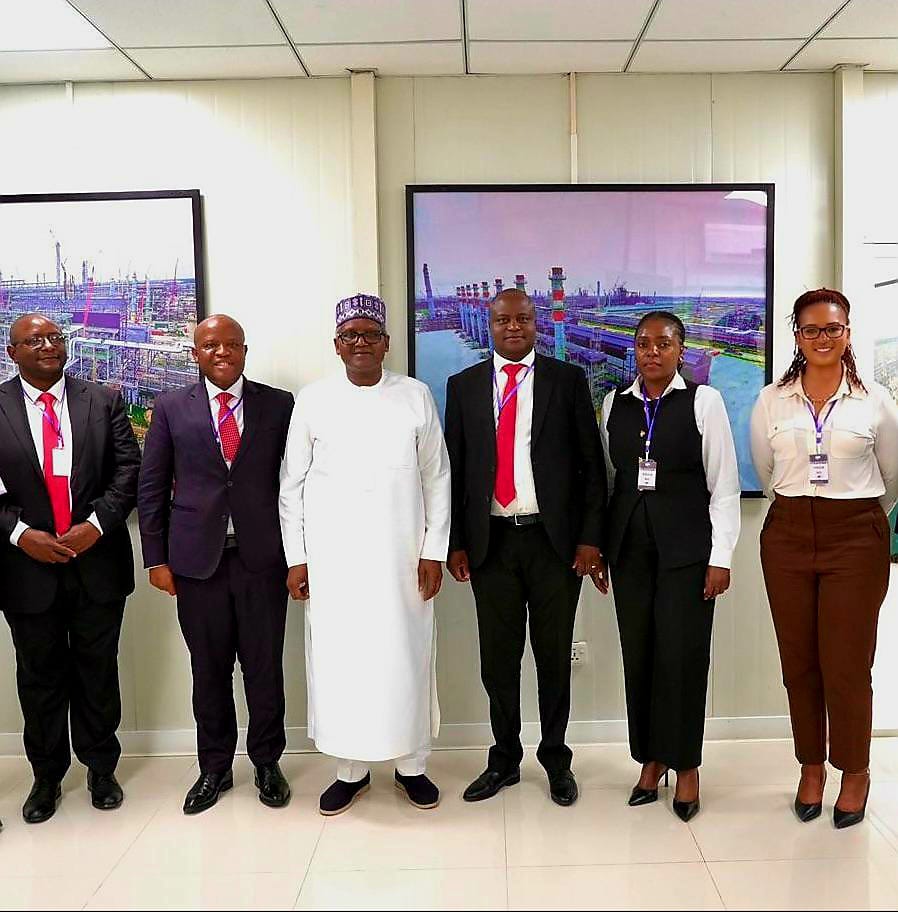
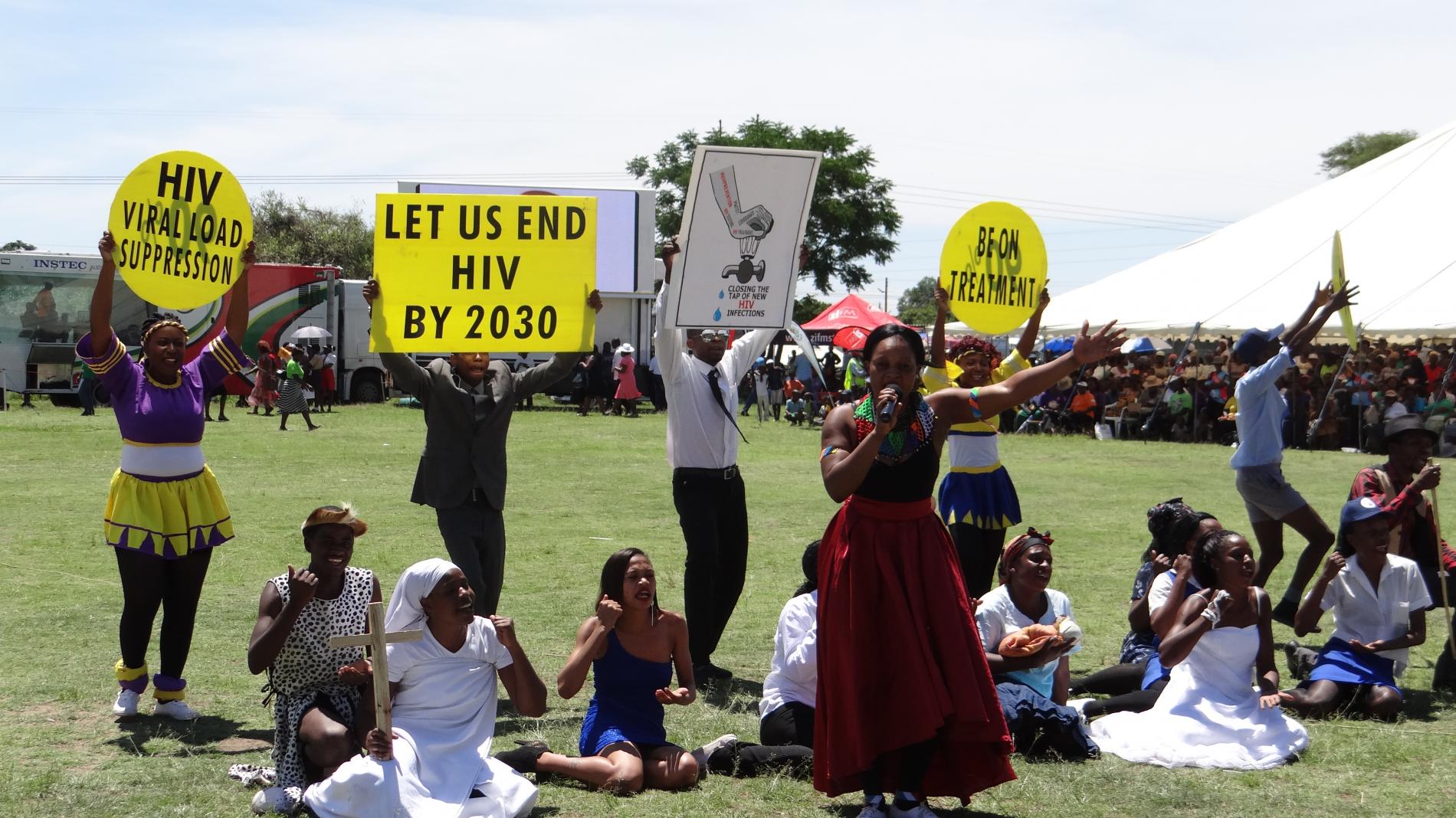
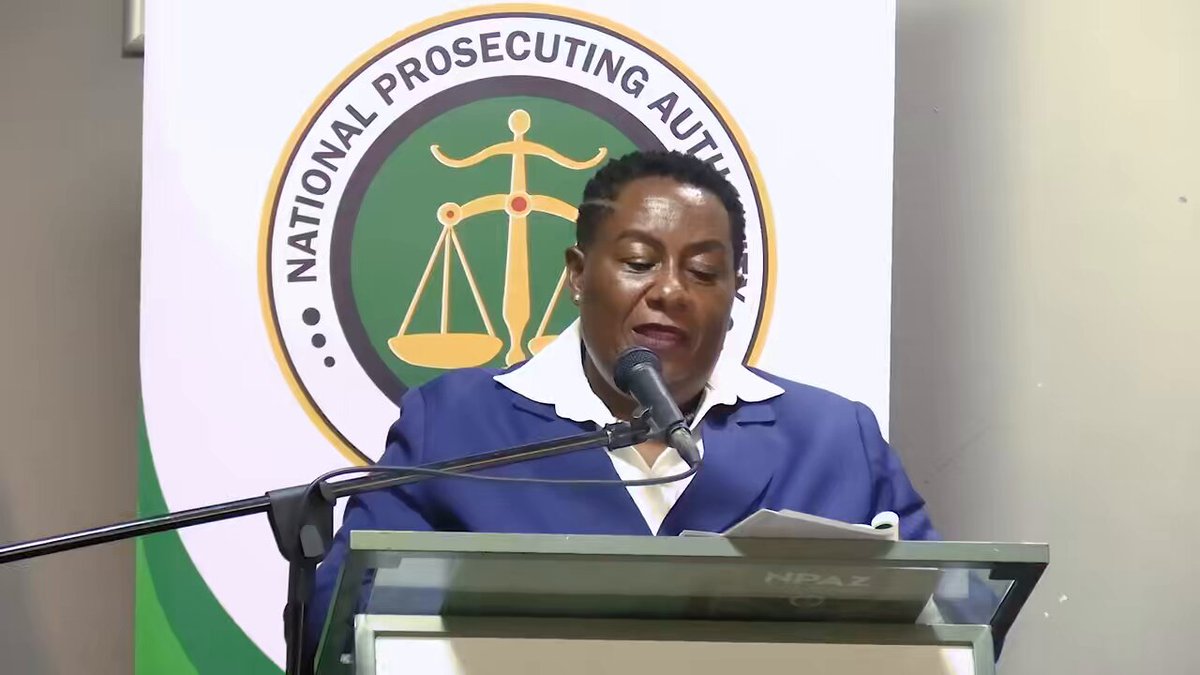


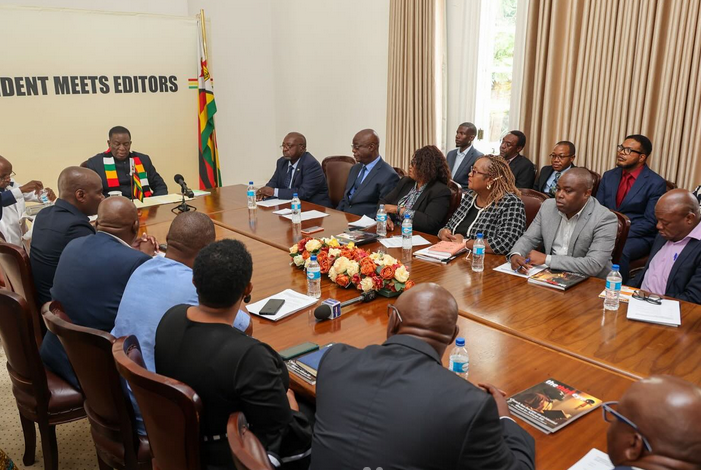
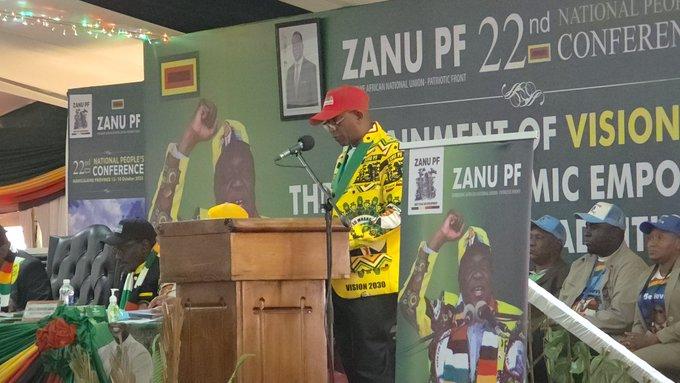

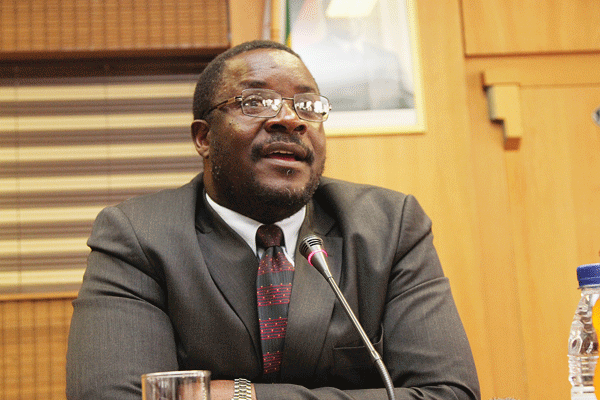
 Young Investment Professional (YIP) Graduate Programme 2019
Young Investment Professional (YIP) Graduate Programme 2019
Editor's Pick